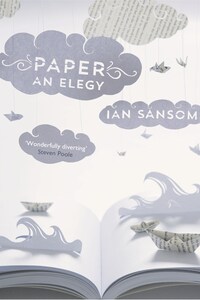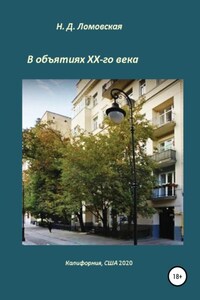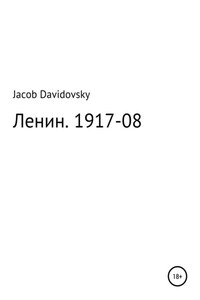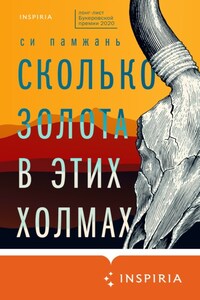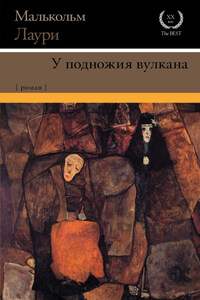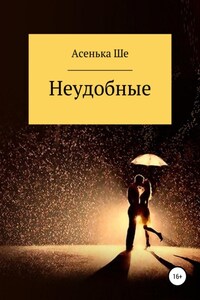First of all, respect your paper!
J.M.W. TURNER’s advice to Mary Lloyd, recollected by her in 1880, quoted in Turner Studies, vol. 4, no. 1 (1984)
Welcome to the Paper Museum. The museum is dedicated to the preservation and study of paper and paper products, including not only – and obviously – books, letters and diaries, but also account ledgers and ballot papers, bandboxes and banderoles, bandages and dressings, bank cheques and ledgers, banners and bunting, beer mats, birth certificates, death certificates, baptism and bastardy papers, board games, bookmarks, business cards, cartons and packaging, menus, bills of fare and cash register receipts, charts (nautical, medical, educational and otherwise), cigarette papers, clothes (including suits, hats, shirts, overcoats, kimonos, overalls and coveralls), coffins, colouring books, confetti, coupons, construction and tracing paper, emery boards, envelopes, filters and gauzes (medical, industrial and culinary), fireworks, flypaper and official forms of all kinds, funeralia, greeting cards, postcards, kites, carpets, lanterns and lampshades, library cards, identity cards and passports, magazines, catalogues, newspapers, maps and globes, paper bags, paper cups, paper dolls, paper flowers, paper money, paper pipes, panoramas, photographs, playing cards, postage stamps, Post-it notes, posters, prescriptions, puzzles, report cards and registers, sandpaper, shoe boxes, stationery, stickers, streamers, tags, labels and tickets, tea bags, telephone directories, wall-paper, wrapping paper, etc., etc., etc.
We live in a paper world. Without paper our lives would be unimaginable. Or almost unimaginable. We can, of course, imagine it, as we can imagine anything, for the great writers and artists and musicians have taught us to imagine, in their books, and their paintings, and through their music. We have been trained by them, educated by them on paper, and through paper, and by paper, to imagine. So it’s easy to imagine a world without paper. Like being dead, or never having been born.
We arise, wash, and go to the toilet – though without toilet paper. We enjoy a bowl of cereal, unpackaged, naturally. Tea: no bags. Coffee: no filter. We do not buy a newspaper on our way to the train station: there are no newspapers to buy. And besides, we have no money. Well, coins maybe. Bags of coins. Or cowrie shells. But we buy no lottery ticket. And no chewing gum: no wrapper. No ticket for the train – which, anyway, has no timetable. (We’ll assume, just for fun, that there is a train, and a train station, and a house, and an office or workplace to go to – although without plans and schedules and surveys and backs-of-envelopes and blueprints and patents and maps and graphs, all of this is of course highly unlikely; not impossible, but about as likely as you being able to read these words without ever having read or written anything on a piece of paper.) We certainly shall not gaze at advertisements on the train, or at hoardings or billboards. Nor buy a cup of takeaway coffee, in a takeaway coffee cup, protected by a takeaway coffee-cup sleeve, and our nonexistent loyalty card can remain forever lost, forgotten and unstamped. Nor do we post our mail: there is no Post Office. So no Amazon packages. Nor do we spend our days printing out emails, filing papers in folders, filling in forms, surrounded by familiar wallpaper and family photos, sticking up Post-it notes, or writing ‘documents’ on screen and ‘filing’ them in ‘folders’. Nor do we read a magazine or a paperback at lunchtime, while eating a sandwich neither wrapped nor carried in paper, our greasy hands untouched by a paper napkin. At no point in the afternoon do we file our nails with an emery board, fix our make-up, or blow our nose with a tissue. No cupcake cases, no cake boxes. No business cards. No bills. No banks. No building societies. No insurance companies. A little industry, perhaps, a little government. Maybe some law and order. But certainly we smoke no cigarettes, wipe no bottoms with a wet wipe, wrap no presents, nor mark, correct or assist with any homework, read no menus, send no Christmas cards, pull no crackers, light no fireworks …
